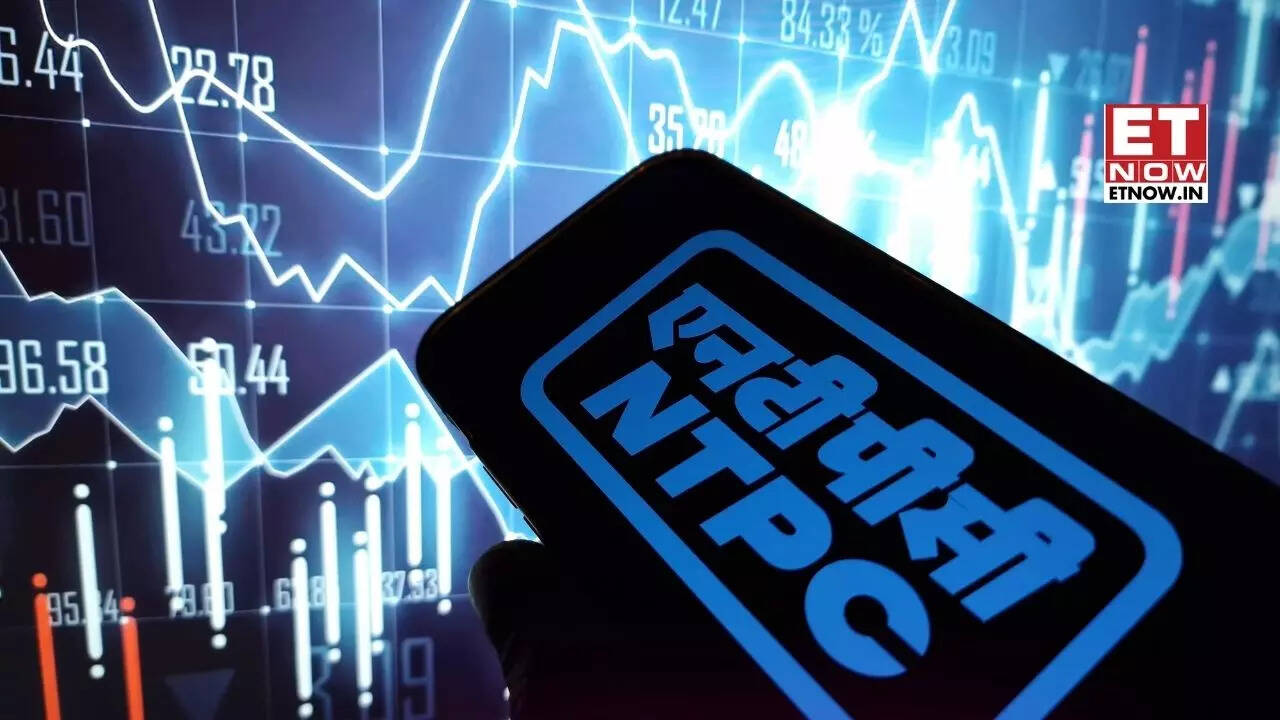Legal Battle: EBay, Section 230, And The Sale Of Banned Chemicals

Table of Contents
Understanding Section 230 and its Role in Online Platforms
Section 230 of the Communications Decency Act of 1996 is a cornerstone of internet law in the United States. It grants immunity to online platforms from liability for user-generated content. This means that websites like eBay are generally not held responsible for what their users post or sell. However, this protection is not absolute. Section 230's immunity hinges on the platform not actively creating or developing the illegal content.
- Definition of Section 230: Section 230 protects online service providers from being treated as publishers or speakers of third-party content.
- Examples of Section 230 Protection: Social media platforms are typically protected from liability for defamatory comments posted by users, unless they directly participate in creating or editing the harmful content.
- Exceptions and Limitations: Section 230 does not protect platforms that knowingly facilitate or participate in illegal activities. This is where the eBay case becomes complex.
eBay's Role and Responsibility in Regulating Third-Party Sellers
eBay, as a massive online marketplace, hosts millions of third-party sellers. They have established policies prohibiting the sale of various items, including banned chemicals. However, the sheer volume of listings and the decentralized nature of the platform pose significant challenges in effectively monitoring and enforcing these policies.
- eBay's Seller Policies on Prohibited Items: eBay maintains a detailed list of prohibited and restricted items, which includes various chemicals subject to stringent regulations.
- eBay's Monitoring and Enforcement Processes: eBay employs automated systems and human moderators to scan listings and remove those violating their policies. They also rely on reporting mechanisms from users and authorities.
- Criticisms of eBay's Effectiveness: Critics argue that eBay's current systems are insufficient to prevent the consistent sale of banned chemicals, leading to potential safety hazards and legal vulnerabilities. The effectiveness of their algorithms and human oversight is frequently debated.
The Legal Arguments Surrounding the Sale of Banned Chemicals on eBay
The legal arguments in this case center on the question of eBay's liability. Plaintiffs argue that eBay, having knowledge of the illegal sales, actively facilitates them through its platform, thus forfeiting Section 230 protection. Conversely, eBay argues that it's merely a platform hosting third-party sellers and should not be held responsible for their actions.
- Arguments for eBay's Liability: Plaintiffs claim eBay's knowledge of banned chemical sales, combined with its failure to effectively prevent them, constitutes facilitation and participation in illegal activity.
- Arguments for eBay's Immunity Under Section 230: eBay argues it takes reasonable steps to remove illegal listings but cannot be held responsible for the actions of millions of independent sellers.
- Potential Legal Precedents and Outcomes: The outcome will set a crucial precedent for other online marketplaces, influencing how they handle the sale of regulated goods and the interpretation of Section 230.
The Impact on E-commerce and Online Safety
This Legal Battle: eBay, Section 230, and the Sale of Banned Chemicals has far-reaching implications for the future of e-commerce. The outcome will significantly affect how online marketplaces operate and regulate their third-party sellers. The case also impacts consumer safety and trust in online shopping platforms.
- Impact on Online Sellers: The ruling could lead to stricter regulations and increased liability for online sellers, potentially requiring more stringent verification processes.
- Impact on Consumer Trust: The case highlights the risks associated with purchasing goods online and the need for robust safety measures.
- The Future of E-commerce Regulation: The outcome will likely influence future legislation regarding online marketplace liability and the regulation of dangerous goods sold online.
Conclusion
The legal battle involving eBay, Section 230, and the sale of banned chemicals is a pivotal case with far-reaching consequences for the e-commerce industry. The arguments surrounding platform liability, Section 230 immunity, and the responsibility of online marketplaces to prevent the sale of dangerous goods are complex and crucial for shaping the future of online commerce. This case underscores the need for clear regulations and effective mechanisms to protect consumers from harmful products sold online. Follow the legal battle closely to understand the implications of Section 230 and stay updated on the sale of banned chemicals online. The outcome of this Legal Battle: eBay, Section 230, and the Sale of Banned Chemicals will define the landscape of online marketplaces for years to come.

Featured Posts
-
 Ariana Grandes Drastic Hair Transformation Exploring The Professional Help Behind The Look
Apr 27, 2025
Ariana Grandes Drastic Hair Transformation Exploring The Professional Help Behind The Look
Apr 27, 2025 -
 Power Finance Corporations Fy 25 Dividend Anticipated Announcement On March 12th
Apr 27, 2025
Power Finance Corporations Fy 25 Dividend Anticipated Announcement On March 12th
Apr 27, 2025 -
 Top Seed Pegula Claims Charleston Title After Collins Match
Apr 27, 2025
Top Seed Pegula Claims Charleston Title After Collins Match
Apr 27, 2025 -
 Novak Djokovics Early Exit From Monte Carlo Masters 2025
Apr 27, 2025
Novak Djokovics Early Exit From Monte Carlo Masters 2025
Apr 27, 2025 -
 Pago Por Licencia De Maternidad Para Tenistas De La Wta Un Adelanto Mundial
Apr 27, 2025
Pago Por Licencia De Maternidad Para Tenistas De La Wta Un Adelanto Mundial
Apr 27, 2025
Latest Posts
-
 Ftcs Appeal Challenges Microsofts Activision Blizzard Acquisition
Apr 28, 2025
Ftcs Appeal Challenges Microsofts Activision Blizzard Acquisition
Apr 28, 2025 -
 Future Of Microsoft Activision Merger Uncertain After Ftc Appeal
Apr 28, 2025
Future Of Microsoft Activision Merger Uncertain After Ftc Appeal
Apr 28, 2025 -
 Microsoft Activision Deal Ftcs Appeal And What It Means
Apr 28, 2025
Microsoft Activision Deal Ftcs Appeal And What It Means
Apr 28, 2025 -
 Ftc Appeals Activision Blizzard Acquisition Microsoft Deal In Jeopardy
Apr 28, 2025
Ftc Appeals Activision Blizzard Acquisition Microsoft Deal In Jeopardy
Apr 28, 2025 -
 Ray Epps Sues Fox News For Defamation January 6th Falsehoods At The Center Of The Case
Apr 28, 2025
Ray Epps Sues Fox News For Defamation January 6th Falsehoods At The Center Of The Case
Apr 28, 2025
